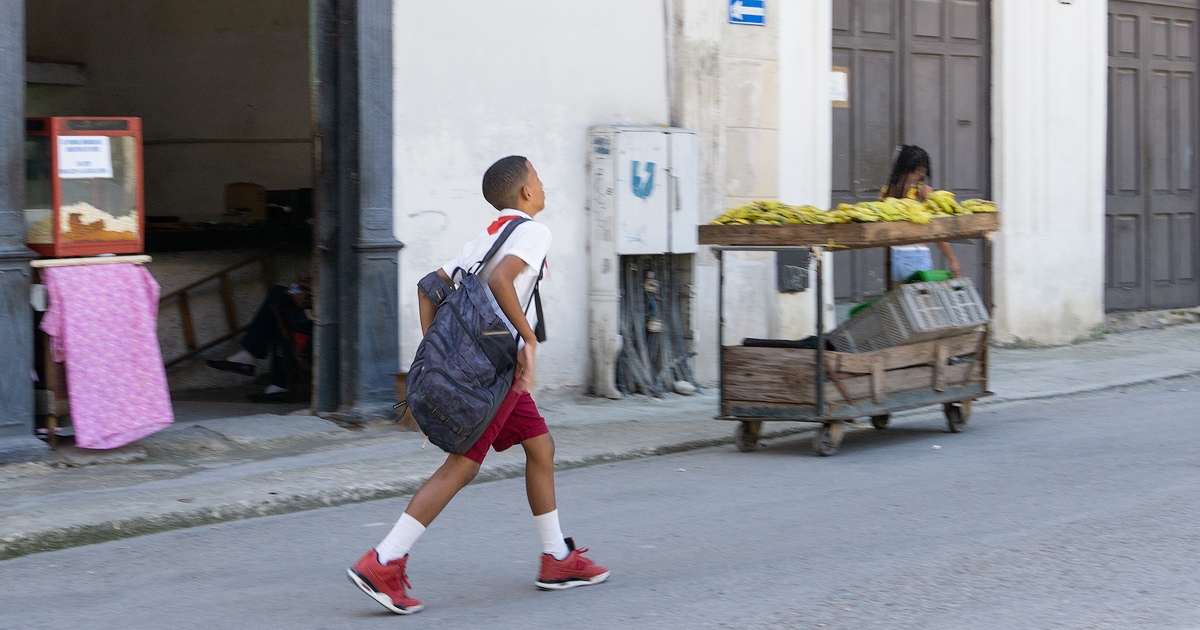
Related videos:
This week, the Cuban state press acknowledged the existence of cases of child labor in the country, a problem that reflects the complexity of the current socioeconomic context.
In Cuba, the law prohibits child labor and protects the rights of minors, according to the Constitution and the Labor Code. However, educational institutions in Santiago de Cuba, such as IPU-Cuqui Bosch and Secundaria Básica Espino Fernández, have identified cases of child labor in their communities.
A study conducted by the newspaper Sierra Maestra revealed cases of primary school students who miss classes to work. They arrive late or are absent from school to help their families, something the regime criticized for decades, blaming capitalism and claiming that "this does not happen in the Revolution."
University students can balance their studies with part-time jobs. This is acceptable for mature and prepared individuals, but involving minors in jobs that violate legislation must be addressed with strictness.
According to the Constitution in Article 66 and the Labour Code, child labor is prohibited, and there is special protection for young people aged 15 to 18. These regulations are frequently violated.
The identification of repeated absences and social work visits are some of the strategies used to detect these situations, but they do not have the desired effect. The cases keep repeating over and over.
M.Sc. Rosendo López Mustelier, an expert in Labor Psychology, emphasizes that child labor impacts the physical and mental health of minors, exposing them to risks and depriving them of a normal childhood.
Experts emphasize the importance of a coordinated approach among family, school, and community to prevent the negative consequences of child labor on the development of minors.
Children should play, learn, and grow in a safe environment, free from work-related responsibilities. However, inflation and poverty in Cuba are so severe that many have to work to contribute to the family economy, as the government does not guarantee the social assistance that vulnerable populations need.
Filed under: